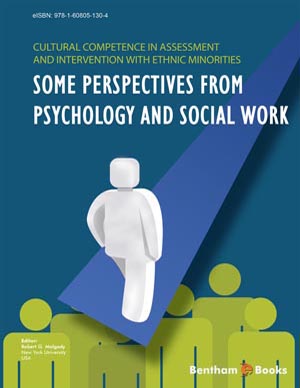Abstract
Chapter Six starts by introducing the following strategies that foster empathy
when caring for people who are difficult: choosing not to judge; imagining what it is
like to be the other person; listening to their story; understanding that acting out is often
a desperate cry for help; and taking a step back when conflict happens. The focus of the
discussion then moves to the topic of substance use. Impediments to substance use
recovery are identified as: the use of stigmatizing language, client self-shame, therapist
stigma, counsellor burnout and compassion fatigue. The following treatment modalities
that support recovery in people who use substances are explored: non-judgement and
acceptance; clinician empathy; teaching social skills and empathy to clients; and
meaning centered therapy (MCT). MCT is specifically recommended as an adjunct to
other current and relevant treatment modalities for substance use, because it is
evidence-based, person-centered, responsibility focused, and associated with positive
outcomes. It is established that the greatest factor in creating a positive outcome for any
client with substance use, regardless of theoretical premise is counsellor empathy. The
second portion of the Chapter illustrates effective ways to communicate care to people
who are seriously ill or dying. Three specific case studies of lived experiences are
presented. In the first narrative, a nursing instructor takes a time out to gather her
emotions after a startling incident. The second story concerns the importance of
offering palliative care when a cure is no longer an option. In the third case study, a
doctor shares a story of how a dying patient taught him some valuable lessons about
life. In the Case in Point, a nursing student learns to stop judging people with substance
use. An exercise in tolerance and acceptance is proposed, followed by an additional
teaching strategy on how to respond with empathy when faced with challenging
circumstances.
Keywords: Acceptance, Affective empathy, Brain disease model of addiction (BDMA), Burnout, Care, Cognitive empathy, Compassion, Compassion fatigue, Death, Dubstance use, Dubstance use disorder, Empathy, Existentialism, Meaning-Centered Therapy (MCT), Palliative care, Positive Psychology, Professional boundaries, Safety plan, Self-shame, Sickness, Stigma, Tolerance, Trust.







